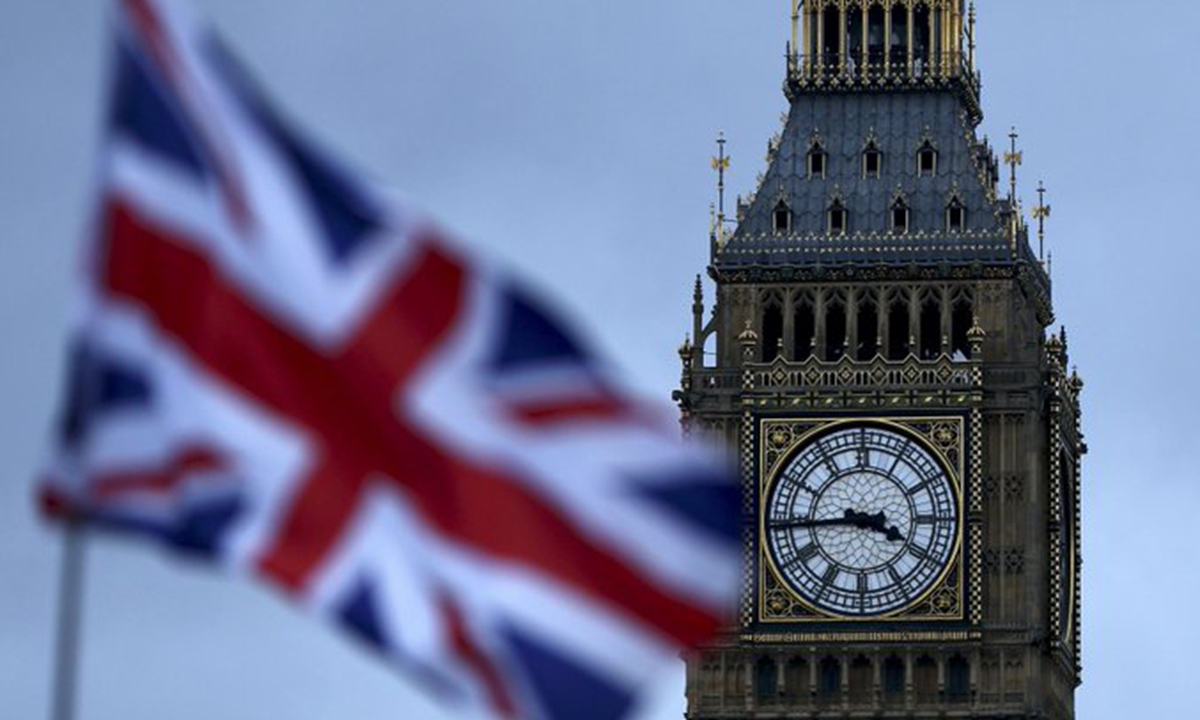
Photo: Xinhua
Chlorine-washed chicken has become a controversial issue in talks over a potential free trade agreement between the UK and the US, which has been seen by some observers as a gauge of whether the UK can maintain its economic independence in the post-Brexit future.Some of the country's biggest grocers including Aldi have openly refused to sell chlorinated chicken imported from the US. Such a development may underline growing concerns shared by British consumer groups, farmers' unions, and residents over a post-Brexit future where government could lower its food standards and other regulatory standards to win a trade deal with the US. The US has seemingly put great emphasis on its agricultural exports to the UK in free trade deal negotiations.
While British officials reiterated that the government would not compromise on the UK's high environmental protection, animal welfare and food safety standards in trade talks with the US, there are still signs that promise could be ditched under US lobbying pressure.
The US' growing influence over the UK is not limited to trade talks. The US has also played an important role in a series of disputes that have contributed to recent China-UK tensions. The Johnson government is expected to draw up plans to phase Huawei out of the UK's 5G network, representing a rollback of its previous decision to allow Huawei involvement.
The UK has long been a sophisticated player in the global political arena, but that may now change alongside the unprecedented impacts of the coronavirus pandemic on the world. The UK also needs to deal with its own post-Brexit issues and pull through the economic and trade transition period. This critical and fragile moment has raised the question of whether the UK government will be able to withstand external pressure, especially from the US, to maintain its political and economic independence.
The stakes are high. Resisting external pressure and preserving economic independence would be in line with the UK's long-term economic interests, and would allow the country to safeguard its post-Brexit position in the global financial market.
But if it yields to the pressure and loses its independence, it would inevitably leave the world with the impression that the UK leans toward the Americans in the US-China confrontation. That would leave a scar on China-UK relations, which would be regretful as their bilateral ties experienced a golden age years ago. Such a scenario would also put the business communities at a loss.
